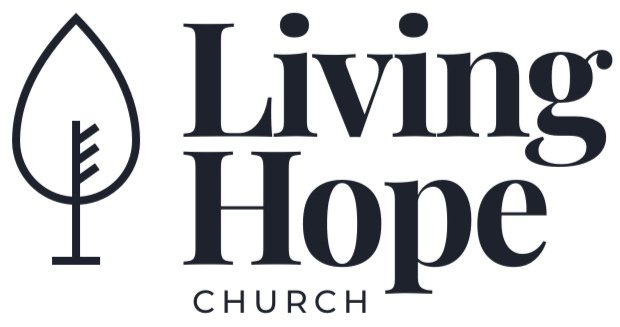The Greatest Love
The letter of 1 John is one that many people are familiar with. There is a focus on multiple themes; from the truth of Jesus as the Son of God and as our advocate, to obedience as evidence of our love and of our faith that is manifested in love for others. But what I want to meditate on this morning is 5 verses found in chapter 4.
7 Beloved, let us love one another, for love is from God, and whoever loves has been born of God and knows God. 8 Anyone who does not love does not know God, because God is love. 9 In this the love of God was made manifest among us, that God sent his only Son into the world, so that we might live through him. 10 In this is love, not that we have loved God but that he loved us and sent his Son to be the propitiation for our sins. 11 Beloved, if God so loved us, we also ought to love one another.
Here we hear the call to love one another. This is not an unfamiliar call (cf. John 13:34,35; 15:12, Romans 12:10; 1 Thess. 4:9, 1 Peter 1:22; 4:8). This is something we all believe and hopefully we strive to do. And how vitally important this is in the time in which we find ourselves. Not only to help care for others in the midst of our ‘shelter in place’ order, but also to be loving and gracious toward others who hold different persuasions in regard to what should be done next as we move out of this season of sheltering. Love is an amazing attribute that we all hope and pray grows more fully in us.
Yet as great as the display of love between humans can be truly beautiful, there is a much greater love - that is the love of God. And John makes clear that his love is most plainly and undeniably seen in Jesus Christ. God sent Christ so that we could live. Ponder that for a moment! And he didn’t just send Jesus to give us some steps to follow in order to know how to live. He sent Jesus to be the propitiation for our sins. Now there is a million dollar word: propitiation. What does that mean?
To propitiate is to turn away wrath. It is the satisfaction of God’s demand for justice. God is holy and righteous - and that cannot be ignored. Our sins cannot merely be swept aside (cf. Romans 3:21-26). They must be dealt with. They must be atoned for. That is what Jesus did for his children. He took the penalty that our sins deserved. He died in our place. This is unquestionably the greatest love ever witnessed.
In the Heidelberg Catechism Question 37 asks (this in reference to a line in the Apostles’ Creed): “What do you understand by the word ‘suffered’?”
Answer: “That during his whole life on earth, but especially at the end, Christ sustained in body and soul the wrath of God against the sin of the whole human race*. This he did in order that, by his suffering as the only atoning sacrifice he might deliver us, body and soul, from eternal condemnation, and gain for us God’s grace, righteousness, and eternal life.”
Jesus took the blame and bore the wrath - and because of him - through our faith in him - we stand forgiven at the cross. Take time to meditate on this glorious truth…this wonderful manifestation of the love of God in Christ Jesus our Lord.
* For those who read this and wonder if it goes against the “L” in the TULIP - it does not. This, according to Ursinus (the primary author of the catechism), refers to the sufficiency of Christ’s death. It is absolutely sufficient for all, but it is efficient only for those who are God’s sheep (cf. John 10:11, also John 6:37, Matthew 1:21, Acts 20:28, Ephesians 5:25).

